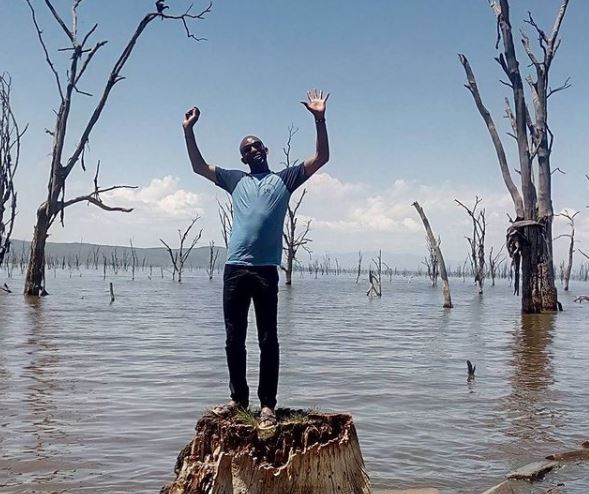×
The Standard e-Paper
Join Thousands Daily

Obed Bundi (pictured) is the guy behind the YouTube travel channel ‘Obed in the Wild’. One day, in his adventures, Obed ended up in Addis Ababa in Ethiopia. He had had a pretty long day and needed a place to sleep before he could start on what had taken him to the East African capital. But he couldn’t find a decent hotel.